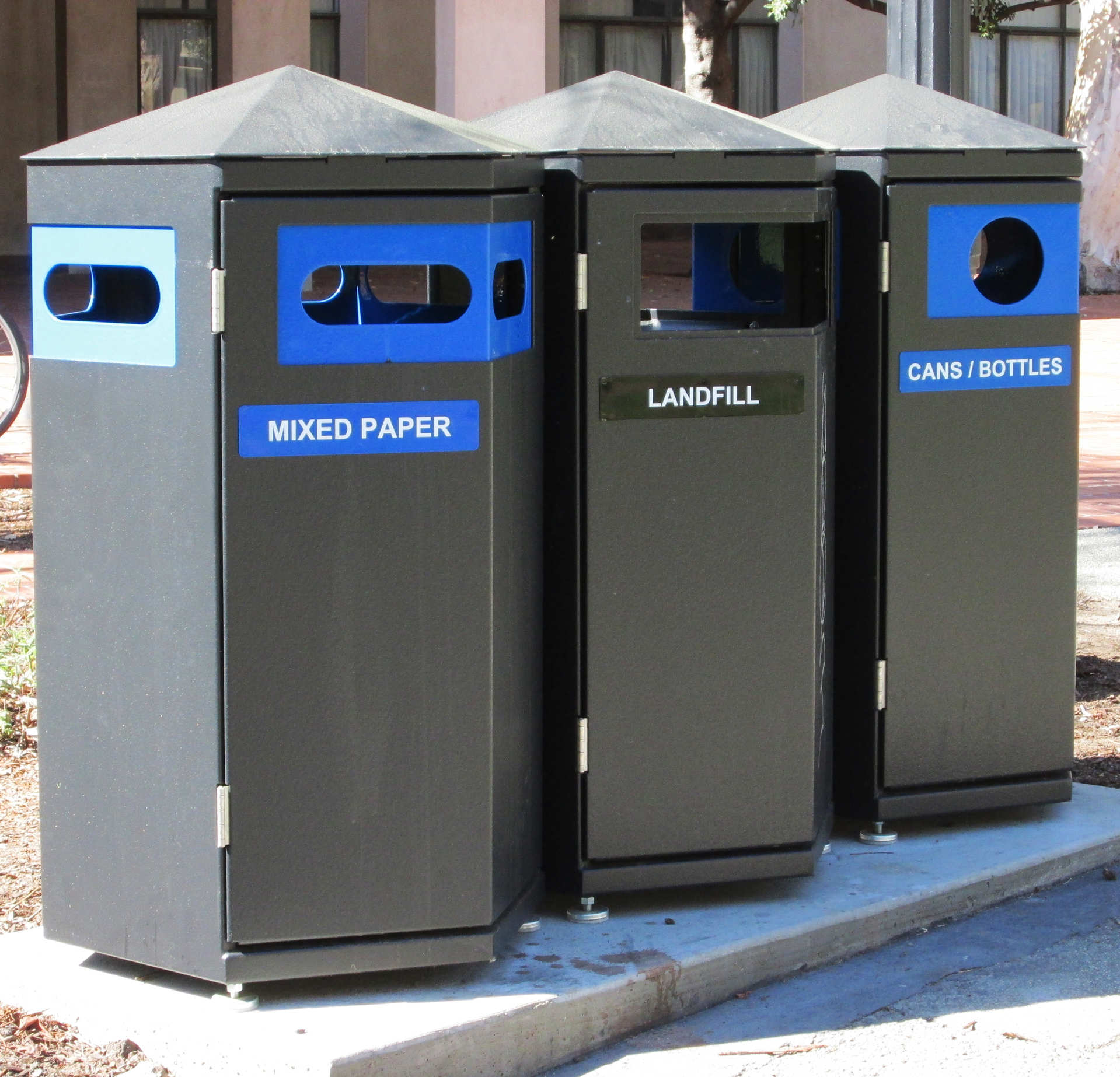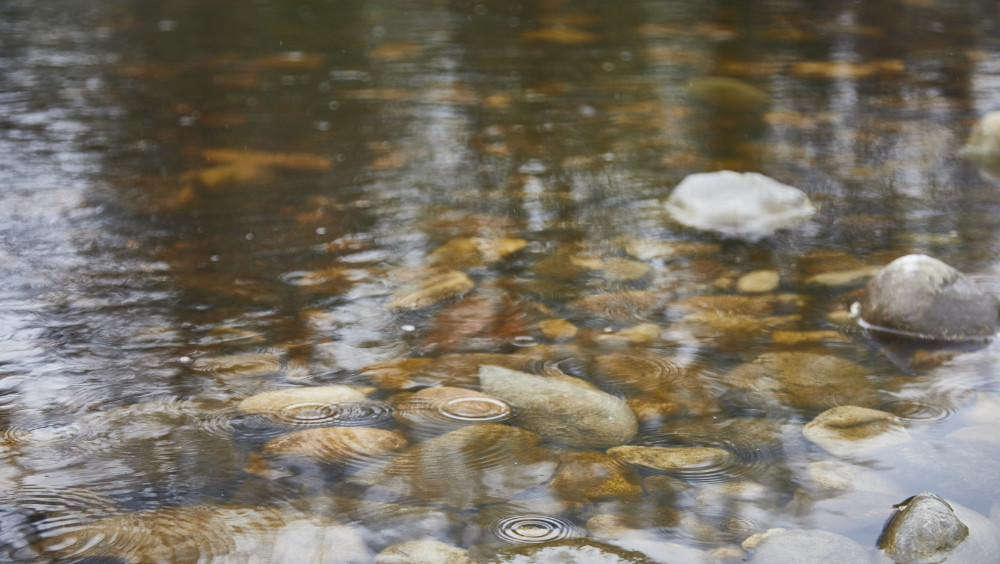Reducing environmental waste isn’t just recycling everything; there is so much more. For most people, reducing waste starts at home. Simple yet small things can snowball and lead to greater climate control and restoration of all-natural resources. Some people start small by carrying their own drinking water bottles, some buy a reusable coffee cup, while some switch to hybrid or electric vehicles. Other ways to inculcate less wasteful habits are planting more trees, composting organic food waste, and switching to solar power at home.
Reducing environmental waste means advocating nature-friendly and green practices at a grass-root level. While governments and businesses are trying their best to make policies that help the environment, it is necessary to create less waste, plant more trees, and reduce global warming.
Why Is It Crucial To Reduce Environmental Waste?
One of the most critical reasons to reduce waste is to decrease the dumping in landfills. Reducing landfills means saving land, water, and air pollution. Most of the debris flows out into oceans, pollutes the soil, and releases harmful gases upon decomposition. All this put together degrades the environment and makes it inhabitable. Most of the land claimed for landfills has become uninhabitable and toxic.
By reducing waste, we help protect natural resources used in manufacturing like making canned goods, plastics, rubbers, plastic bags, paper waste, and any other non-biodegradable manufacturing. Reducing the consumption of simple things like oil, water (like turning off the taps when not in use), and more can help reduce environmental waste and the strain on our natural resources.
Let us look at how to reduce environmental waste.
Reduce, Reuse, Recycle:
The 3 R’s of waste can help understand how to reduce overall environmental damage. Reducing production and decreasing consumption of harmful substances like plastic bags, excessive toilet paper, leaking pipes, wasting food, and so on can actually benefit the environment and reduce overall waste.
It is also best practice to reuse cans, plastic bottles, paper, glass, and other items. All these things can be repurposed with simple DIY techniques to help decrease waste, make your house look pretty, and save money in the long term.
Switch To Renewable Energy:
The energy sector in the UK contributes to massive gas emissions due to unnecessary wastage. Switching to renewable sources of energy like solar is incredibly beneficial in the long term. Switching to renewable solar power helps reduce the load on the generation of electricity. Most homes consume plenty of electricity throughout the year, especially in the winter and summer months. Solar energy helps reduce the overall electricity bill per month and also decrease the waste of finite resources.
Conserve Water:
Conserving water is essential to the reduction of water and electrical waste. Water pumps work on overload to purify and pump clean water to homes around the UK. With the constant requirements, there is a need to help conserve water for the future. Using a bucket to fill water instead of taking a shower, turning off the taps when not in use, using water-saving appliances, and recycling water in your homes is an excellent way to reduce water waste.
Practice Composting:
Yard trimmings, grass filings, organic food waste, and more helps in creating excellent compost for the yard and garden. Adding homemade compost to the soil helps reduce soil erosion, increase water retention capacity, and keeps organic food waste out of landfills and dumps. Adding compost also increases the nutritive value of the soil and is excellent for growing plants and veggies. Many eco-conscious people also prefer growing their own herbs, fruits, and veggies to reduce the strain on natural resources, save money, and eat healthily. Teaching children how to compost and grow food also helps educate them in the future.
Reduce Everyday Waste:
Reducing everyday waste is critical to living a sustainable life. Nearly 3.6 million tonnes of food is wasted by the UK each year. Reducing waste from going into landfills by consuming and recycling or reusing foodstuff is necessary. Doing small things like purchasing only what is needed, consuming less at a time, and reducing overall waste is essential. Many families also switch to carrying cloth bags when shopping or at supermarkets and pharmacies. Instead of relying on single-use plastic bags, carrying washable cotton cloth bags is sustainable in the long term. Switching all toiletries to refill packs and filling reusable and washable containers is also a great way to reduce waste from daily items. Many women have switched to using sustainable sanitary products instead of single-use ones. Small changes in everyday life can make a huge difference in reducing environmental waste.







